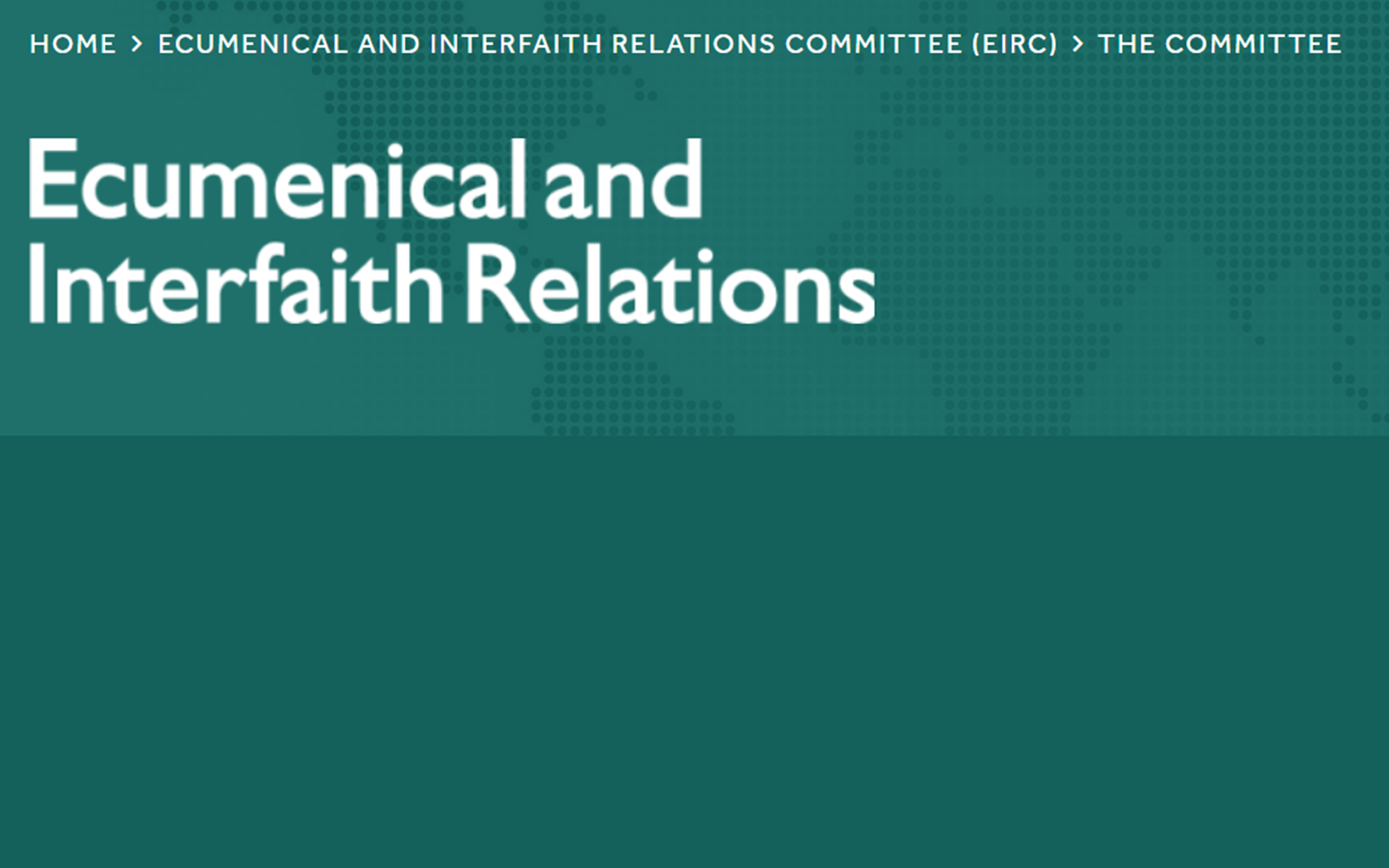The Christian Reformed Church in North America's Ecumenical and Interfaith Relations Committee recommends that as long as Reformed Church in America officebearers serving in the CRC are prepared to sign the CRC’s Covenant for Officebearers “on the occasions stipulated by council, classical, and synodical regulations,” Synod 2025 should “affirm the current status of the CRCNA’s relationship with the RCA to be that of a church in communion.”
The recommendations are part of the EIRC’s report to Synod 2025, available online from synodial services, and come as the result of a review requested by Synod 2024—specifically asking for “clarification on the RCA’s ongoing commitment in faith and practice to questions and answers 108 and 109 of the Heidelberg Catechism relating to the forbidding of unchastity, which encompasses homosexual sex” among other things.
Synod is the annual general assembly of the CRCNA. It’s covening in June on the campus of Redeemer University, in Ancaster, Ont., after an initial online convening to elect officers, May 28.
The Ecumenical and Interfaith Relations Committee is one of three standing committees of synod. Its report to Synod 2025 includes one more assignment from previous synods, to make an assessment of the ecclesiastical relationship with the Alliance of Reformed Churches. It is recommending “that synod approve the Alliance of Reformed Churches as a church in communion, pending receipt of a positive response to our invitation.”
For the evaluation of the ecclesiastical relationship with the RCA, the EIRC includes communication from RCA leadership in its report. It summarizes the approach of the RCA toward same-sex sexual relationships and the practices of RCA officebearers this way: “While the RCA officially holds the same convictions as the CRCNA on its understanding of ‘unchastity,’ there is latitude within the current RCA classes and consistories to adopt different approaches to discipline, ordination, and the solemnization of samesex marriages.”
With this in mind, the committee points out several things in considering the ecclesiastical relationship, including “the healthy and mutually beneficial partnership between the CRCNA and the RCA on many levels” and that “according to its (the EIRC’s) own synodically approved Ecumenical Charter—revised in 2006 and 2010—‘The CRC is less insistent than it once was that our ecumenical partners understand issues in the same way as those issues are understood in the CRC. The CRC does not endorse every position taken by ecumenical partners; nor do we need to.’”
Referencing the rules in place to govern “the orderly exchange of RCA and CRC ministers” (Church Order Supplement, Art. 8, D), the committee noted, “These rules should restrain CRC congregations from calling an RCA minister who is out of alignment with the CRCNA on matters of human sexuality.”
Recently several pastors released from ministry in the CRCNA moved their ordinations to the North Grand Rapids Classis of the RCA, and more transfers are anticipated the the RCA’s City and Holland classes.
The EIRC report points out “that even if the special ecumenical status between the RCA and CRCNA were revoked, CRCNA congregations could still call RCA pastors under the rules of Church Order Articles 8-c and 8-d, though the process would be more cumbersome.”
In the end the committee has two recommendations regarding ecumenical relations with the RCA:
- That synod adopt a change (indicated by underline) to Church Order Supplement, Article 8, D, point 6: To be able to serve in another church, an ordained minister will demonstrate to the appropriate body of the inviting church a knowledge of and appreciation for the theological and liturgical identity, history, polity, and discipline of the church. RCA officebearers serving in the CRC should be prepared to sign the Covenant for Officebearers on the occasions stipulated by council, classical, and synodical regulations.
- If recommendation “A” is adopted, that synod affirm the current status of the CRCNA’s relationship with the RCA to be that of a church in communion, and that the CRCNA synod, classes, and congregations respect and act according to the “orderly exchange” provisions of Church Order Article 8 and its Supplement with regard to the calling of RCA ministers to serve CRCNA congregations.
These will be taken up by Synod 2025 when it meets June 13-19 in Ancaster, Ont. The rest of synod’s agenda will be published online, as available, usually complete by mid-April. The Banner will publish a “What to Watch for at Synod 2025” article in May and will cover the meeting beginning with the virtual convening May 28.
About the Author
Alissa Vernon is the news editor for The Banner.

